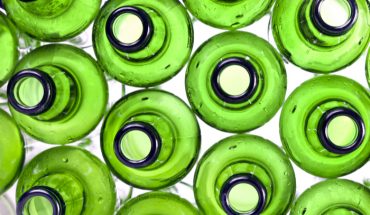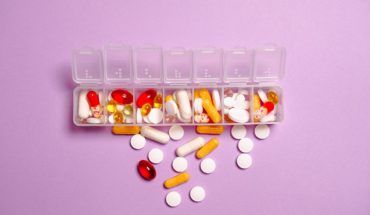The conventional therapeutic approach to dealing with a problem like depression is to wait for the problem to set in and then give you a drug to stop you feeling depressed. GPs often have less than 15 minutes for a single appointment so they just don’t have the time to ask a patient about the reasons they might be feeling low, such as lack of self worth, money problems or relationship issues. To a great degree, therefore, the only real option they have is to hand over a prescription which can deal with the symptoms but not the cause.
In my 30 years of practice, true ‘endogenous’ depression, one caused by brain chemical imbalance, is far less common than ‘reactive’ depression triggered by life events. In the vast majority of cases, depression is created by many factors and has an underlying cause.
In my 30 years of practice, true ‘endogenous’ depression, one caused by brain chemical imbalance, is far less common than ‘reactive’ depression triggered by life events. In the vast majority of cases, depression is created by many factors and has an underlying cause.
Functional medicine takes a much deeper look at the causes of depressive illness and seeks to resolve the issues in the most appropriate manner. This may simply be about giving time and listening and allowing someone to off load. In longer term or deeper cases it may be necessary to refer them for therapy which helps them change the way that they see the world. The most common and available process is Cognitive Behavioural Therapy although I tend to recommend its use with Neural Linguistic Programming.
An underestimated cause of depression may be medications that people are taking for physical ailments. Antibiotics can disrupt the microbiome in the gut and kill of good gut bacteria, leaving a void which can be colonised by pathogens. Studies show that abnormal bowel flora can lead to low mood and depression. There is a huge body of research that falls under the under the umbrella of the “Gut-Brain axis”. Many other prescription drugs, including those prescribed for high blood pressure and high cholesterol can lead to depression and insomnia.
Environmental toxins too, including additives, preservatives, oestrogens, pollutants, pesticides and metals can all alter mood by attaching to, or damaging, nerve receptors.
Just as some foods can boost your mood – chicken, fish, milk, cheese and almonds are all rich in tyrosine, an important building block of the feel-good pleasure and motivational neurotransmitter dopamine – others have the ability to depress it. We know that many natural compounds found in foods can alter psychological balance and influence perceptions. In extreme cases, we can look at the magic mushroom which creates profound neurological changes. In far less obvious ways, other foods contain proteins that act on the nervous system, such as caffeine in coffee and chocolate, and tannin in tea. Food allergy and intolerances are well proven to be an issue in mood disturbance.
If you are not eating sufficient quantities of fresh fruit and vegetables you may be deficient in vitamin B complex and magnesium, both of which are needed to help convert amino acids into serotonin, which is the powerful mood enhancing hormone, and most other ‘happy’ neurotransmitters and anti-stress hormones. Many other nutrients are involved and can be prescribed along with over-the-counter plant and herbal extracts.
As an Integrated Physician, I look at someone’s lifestyle and diet as well as the stresses and strains that are affecting them before I make any decisions about how to treat them for depression or anxiety. Exercise, too, is well proven to raise emotional well-being so ensuring a good program, even a long walk, can do wonders. Only after a very full assessment might I decide it appropriate to consider prescription medication, but this is so often unnecessary and really a last resort.
- Diet and its effect on Autism - 8th August 2018
- Food allergies in children and leaky gut - 7th June 2018
- Functional medicine: treating depression - 8th April 2018






